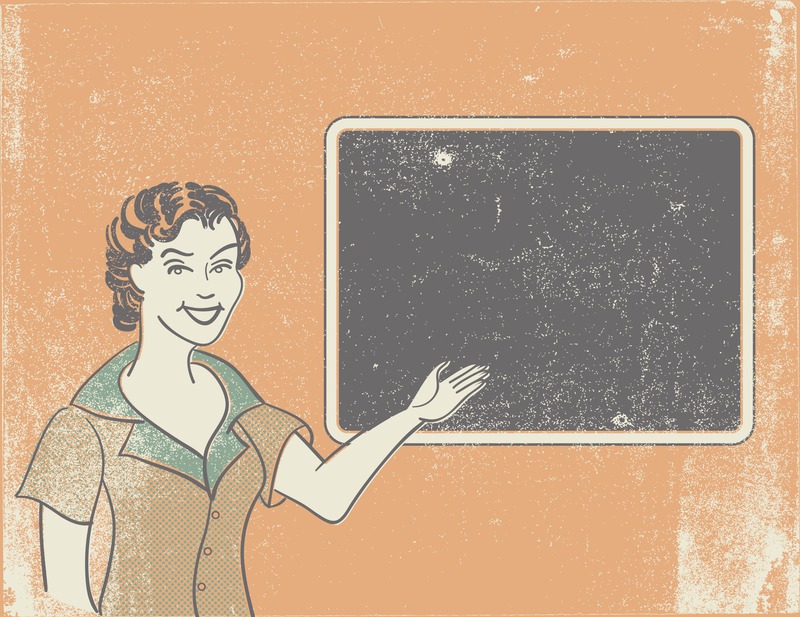Talking to teachers can be scary for teens. Sometimes it’s easy to feel like we have become the brave knight going into the dragon’s lair, and we are petrified of the imminent threat of incineration.
But communicating well with teachers doesn’t have to be like a medieval quest at all. It can be really simple and even enjoyable (shocking, I know) if one knows how to do it the right way.
Ever since elementary school, my dad has always pushed me to talk to my teachers about grades, assignments and improvements I can make in each class. I used to roll my eyes whenever he brought it up, because in fourth or fifth grade I found it really annoying and pointless. However, now I can see how useful it is, and I’m really glad I know how to talk to my teachers.
I know it doesn’t seem like it all the time, but teachers really do care about their students and want them to succeed. I’ve seen even the most intimidating of my teachers, the ones I thought literally hated everyone, soften to help a student.
The secret to YOU being that student teachers go out of their way to help? Good communication!
Since I am a student myself, there is really only one side of this that I can show from my experiences. So I went and asked one of my teachers what students can do that helps her to communicate well with them.
Here is what I found out:
The most important thing is having a positive attitude and a genuine desire to improve. This makes it easier and more enjoyable for both you and your teacher—no one likes a grouch!
Some specific points my teacher gave me are as follows:
• Be an active participant during class.
This means asking good questions, participating in discussions, and staying off electronics!
• Frame questions in a non-accusatory tone.
Instead of asking a question like “Why did you take off points for that?” use something along the lines of “Can you explain what I need improve for next time?”
• Never confront or correct a teacher in front of other students.
Do so privately—before or after school. Try to avoid between classes as another class is coming in and a rushed atmosphere isn’t conductive to discussion.
Other tips are simple things like trying to improve before there is an issue and writing thank you notes to the teachers who go above and beyond to help you out (like writing a recommendation letter). When in doubt, just be respectful. Remember that teachers are human, too. They don’t know when you are going through a hard time, just like they sometimes go through rough patches themselves. If something your teacher said or did bothered you, let them know so that they can do what they can to fix it. Also tell them when you really liked a lesson, it gives them feedback and lets them know what works! Minding your P’s and Q’s is good in any situation, but when you talk to teachers, it really works in your favor.
This means asking good questions, participating in discussions, and staying off electronics!
• Frame questions in a non-accusatory tone.
Instead of asking a question like “Why did you take off points for that?” use something along the lines of “Can you explain what I need improve for next time?”
• Never confront or correct a teacher in front of other students.
Do so privately—before or after school. Try to avoid between classes as another class is coming in and a rushed atmosphere isn’t conductive to discussion.
Other tips are simple things like trying to improve before there is an issue and writing thank you notes to the teachers who go above and beyond to help you out (like writing a recommendation letter). When in doubt, just be respectful. Remember that teachers are human, too. They don’t know when you are going through a hard time, just like they sometimes go through rough patches themselves. If something your teacher said or did bothered you, let them know so that they can do what they can to fix it. Also tell them when you really liked a lesson, it gives them feedback and lets them know what works! Minding your P’s and Q’s is good in any situation, but when you talk to teachers, it really works in your favor.
